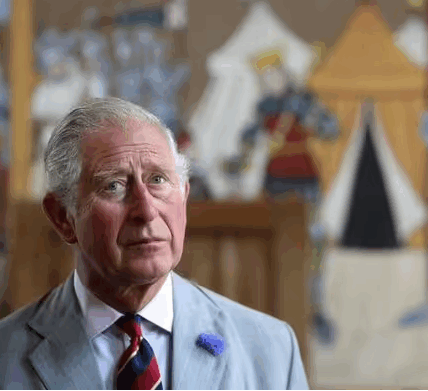The Chancellor will stand to deliver her Budget today, but polling reveals a shocking backdrop to today’s announcements.

Rachel Reeves goes into today with record low approval ratings (Image: Kirsty O’Connor / Treasury)
Rachel Reeves will stand to deliver her second Budget this afternoon as the least popular Chancellor in this country’s history. According to Ipsos’ records, which stretch back to the 1970s – before the Winter of Discontent – just 11% of British voters are satisfied with the way she is doing her job.
This has fallen from a height of 34% in July last year, a drop of 23 point. Astonishingly, Ms Reeves’s approval rating is even lower than Kwasi Kwarteng – Liz Truss’s Chancellor who delivered the infamous Mini-Budget in 2022 that crashed the markets and forced the pair out from power in less than 50 days. At his lowest ebb, Mr Kwarteng enjoyed support from 12% of British voters.

Chancellors’ approval ratings (Image: Bloomberg)
Bizarrely, British voters appeared much more supportive of Ms Reeves’ predecessor Dennis Healey in 1978 during the Winter of Discontent.
Despite power outages, a three-day week, bins going uncollected for weeks and bodies piling up in graveyards, at the time Mr Healey enjoyed 67% approval for his approach to the job despite being ousted by a Tory landslide the following year.
Prior to Kwasi Kwarteng and Liz Truss, the lowest approval rating for a Chancellor on record was Norman Lamont in 1994 following the chaos of Britain crashing out of the Exchange Rate Mechanism.
However even despite runaway inflation and political chaos, Mr Lamont’s approval stood at 17%, six points higher than Ms Reeves.
This morning the Chancellor published a video on social media outlining her aims of today’s Budget, and insisting her first Budget is bearing fruit.

Kwasi Kwarteng (left) is no longer the least popular Chancellor on record (Image: Getty)
The Chancellor reiterates the aims of her second fiscal event: cutting the cost of living, debt and waiting lists.
She insists her medicine is working, with wages rising faster than inflation, waiting lists coming down and the economy growing.
But she says she knows “there is still more to do”.
“I know people feel frustrated at the pace of change, or angry at the unfairness of our economy.”
She once again blames austerity, Brexit and covid for the problems in the economy.
“This Budget is for you – the British people – so together we can build a fairer, stronger, and more secure Britain.”

